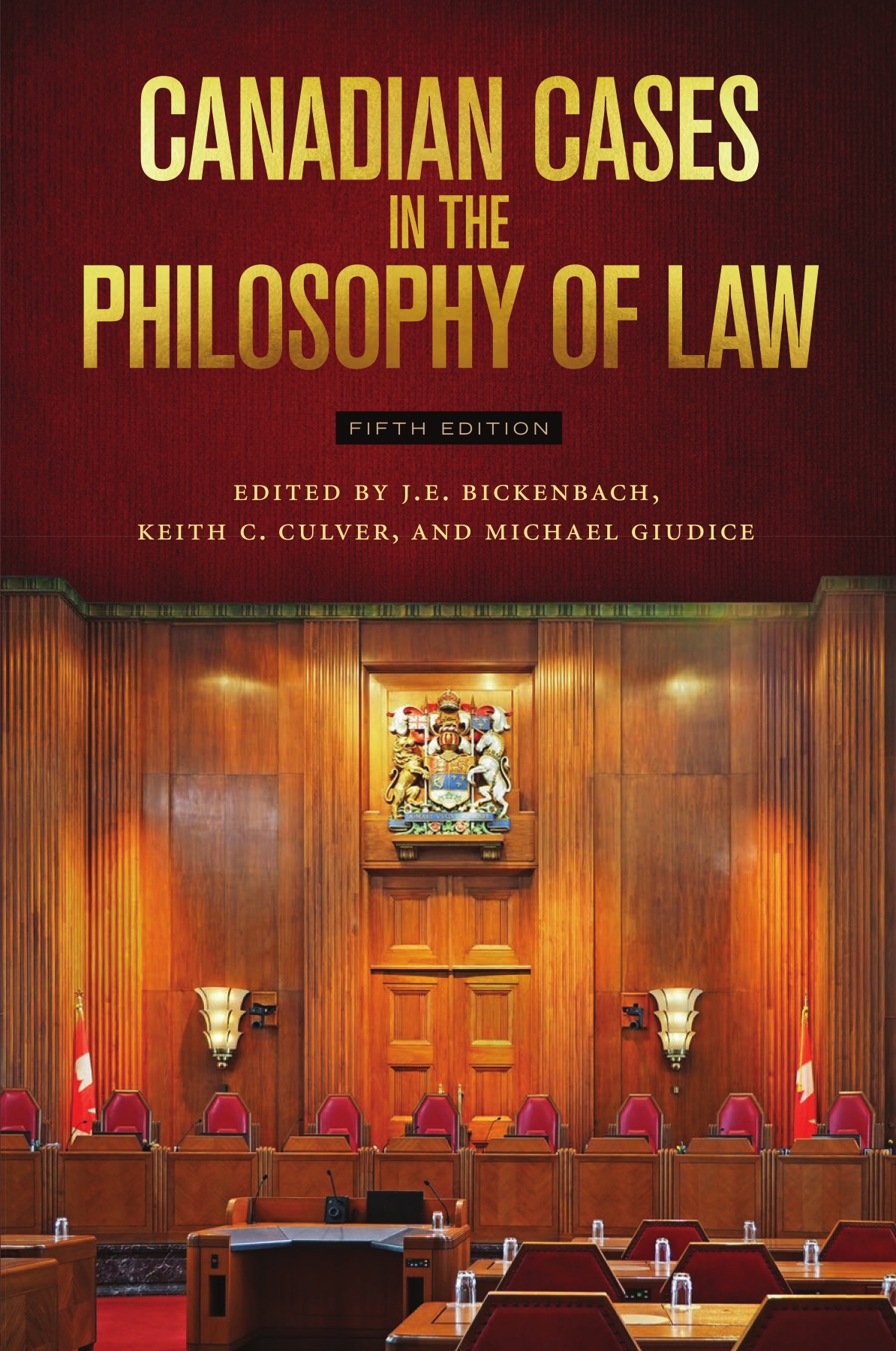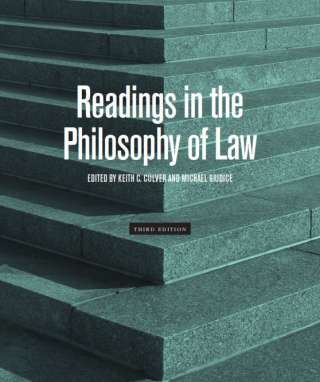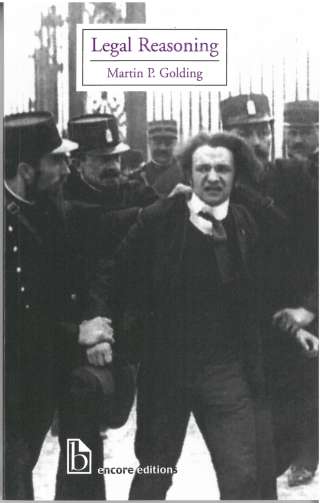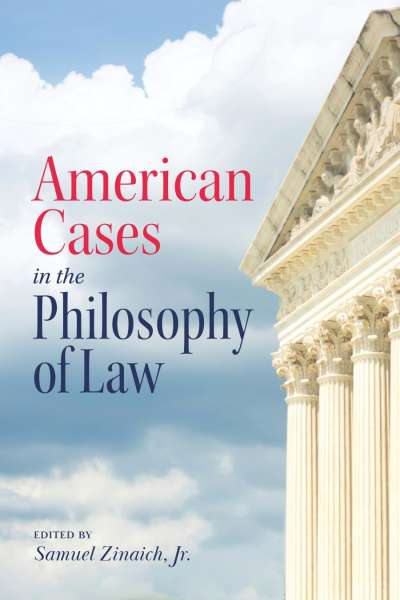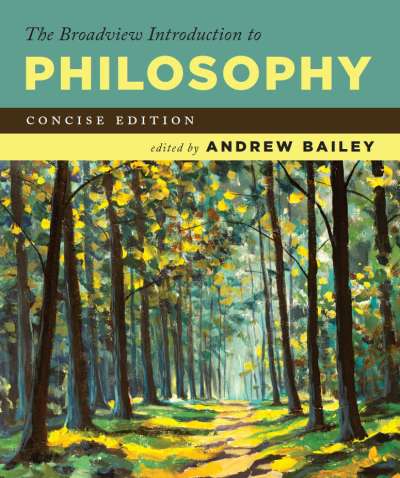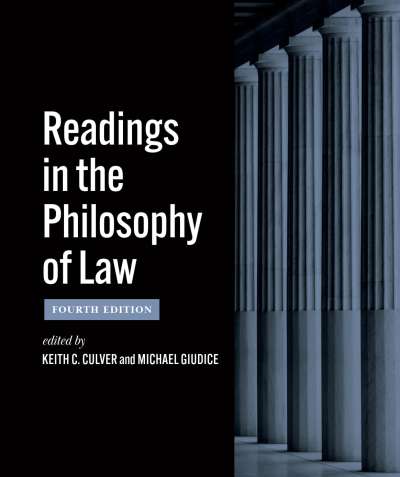This is a collection of Canadian legal decisions, primarily from the Supreme Court of Canada, along with international cases that have bearing on Canadian law. The selected cases raise and respond to current and controversial issues in political and legal philosophy. Cases have been edited to present key legal principles and methods of judicial reasoning in action, showing not only what was decided but also how the decisions were made. Topics include: constitutional law, fundamental freedoms, equality rights, civil and criminal responsibility, and sovereignty. This new fifth edition adds over two dozen new cases, including new sections on Indigenous issues and international law. A helpful glossary of common legal terms has also been added as an appendix.
This book can be purchased on its own or in a discounted package with Readings in the Philosophy of Law. If you wish to order the package, please contact us at customer service.
Comments
“This is an excellent collection that serves as an accessible and illuminating introduction to issues in Canadian law and to puzzles about the nature of legal reasoning. The case excerpts are judiciously selected and the range of topics covered is impressive. The general introduction to the nature of legal disputes and the functioning of the court system will help those without a background in law to understand and appreciate important but unfamiliar features of the legal system.” — Colin Macleod, University of Victoria
“Canadian Cases in the Philosophy of Law is an indispensable resource and guide for students, scholars, teachers of law and philosophy courses, and interested citizens. The updated fifth edition provides clear and thoughtful introductions to the main legal concepts and debates surrounding the most important Canadian legal decisions that have shaped Canadian legal and political culture and society.” — Violetta Igneski, McMaster University
“The fifth edition of Canadian Cases in the Philosophy of Law provides an excellent introduction to the deepest issues in the philosophy of law. It maintains the high standard of case editing from the earlier editions, but its great improvement is the new and extremely helpful editors’ introduction that sets the cases in their proper procedural and institutional context. Philosophers and theoretically inclined lawyers alike will learn much from this excellent new edition of a long-respected text.” — Malcolm Thorburn, University of Toronto

